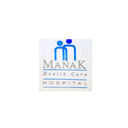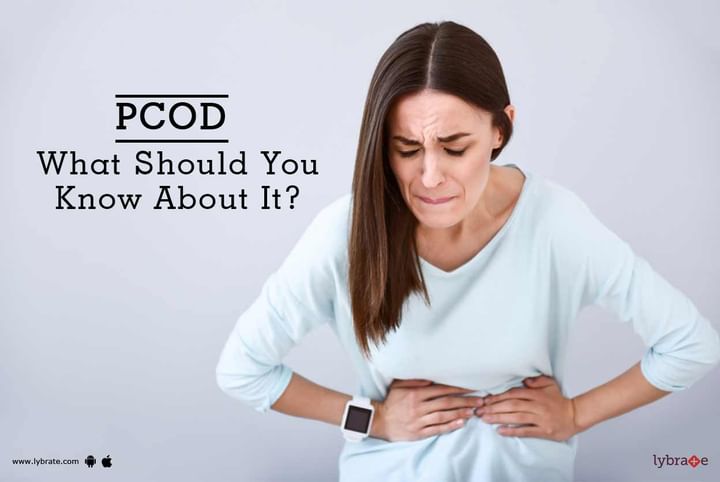PCOD - What Should You Know About It?
Are you facing troubles, such as unwanted facial hair, excessive weight gain, irregular periods, and acne on face or sudden hair loss? If you are experiencing any two symptoms, you might be suffering from Poly Cystic Ovarian Disorder / Syndrome. Affecting at least 1 in 10 Indian women it is the most common issue facing us today. It is also a leading cause of infertility. Many women ignore the signs and symptoms and fail to consult specialists. PCOS can manifest in many ways- it can have a single symptom or it can be associated with many aspects.
The common signs and symptoms are:
- Irregular or absent menstrual periods.
- Heavy vaginal bleeding: As the cycle gets delayed in PCOS, the uterus lining becomes thicker (a condition known as hyperplasia). When a woman starts her periods after a long time, she can experience heavy and prolonged bleeding.
- Oily skin and acne on face and back.
- Darkening and thickening of certain areas of the skin, especially in skin folds of the neck, armpits, and groin.
- Excessive hair growth on the face, chest, abdomen, or thighs.
- Thinning of hair on the crown of the head.
- Type 2 Diabetes
- Obesity
- Cardiovascular problems, including high cholesterol
- Multiple tiny ovarian cysts; some women with PCOS have a large number of tiny follicle cysts (visible by ultrasound) on their ovaries.
The cause of PCOS is not fully understood, but genetics may be a factor. It seems to run in families, so your chance of having it is higher if other women in your family have it or have irregular periods or diabetes.
If you are experiencing any of the given symptoms, it is advisable that you consult a Gynecologist or an Endocrinologist.
PCOS on the rise in adolescents:
Adolescent PCOS is on the rise these days due to change in lifestyle, academic load and lack of physical exercise. In many girls the symptoms commence with irregular periods and weight gain, followed by hair loss and acne. It is imperative that PCOS be diagnosed early so that its secondary issues - insulin resistance, type 2 diabetes, high cholesterol, high blood pressure, and heart disease can be controlled medically.
How PCOS is diagnosed:
It can easily be diagnosed through a physical examination, simple inexpensive blood tests and most importantly an ultrasound. You should consult a Gynecologist or an Endocrinologist.
How can PCOS be prevented or controlled:
PCOS cannot be prevented but weight control is the key to prevention of metabolic syndrome at a young age. Early diagnosis and treatment can help manage the symptoms and prevent long-term problems.
Even post diagnoses exercise, diet control and adherence to medication are essential. One should also document their menstruation cycles dates for clinical aspects.
In some older women who wish to conceive surgical treatment known as laparoscopic drilling of the cysts can be done.



+1.svg)
